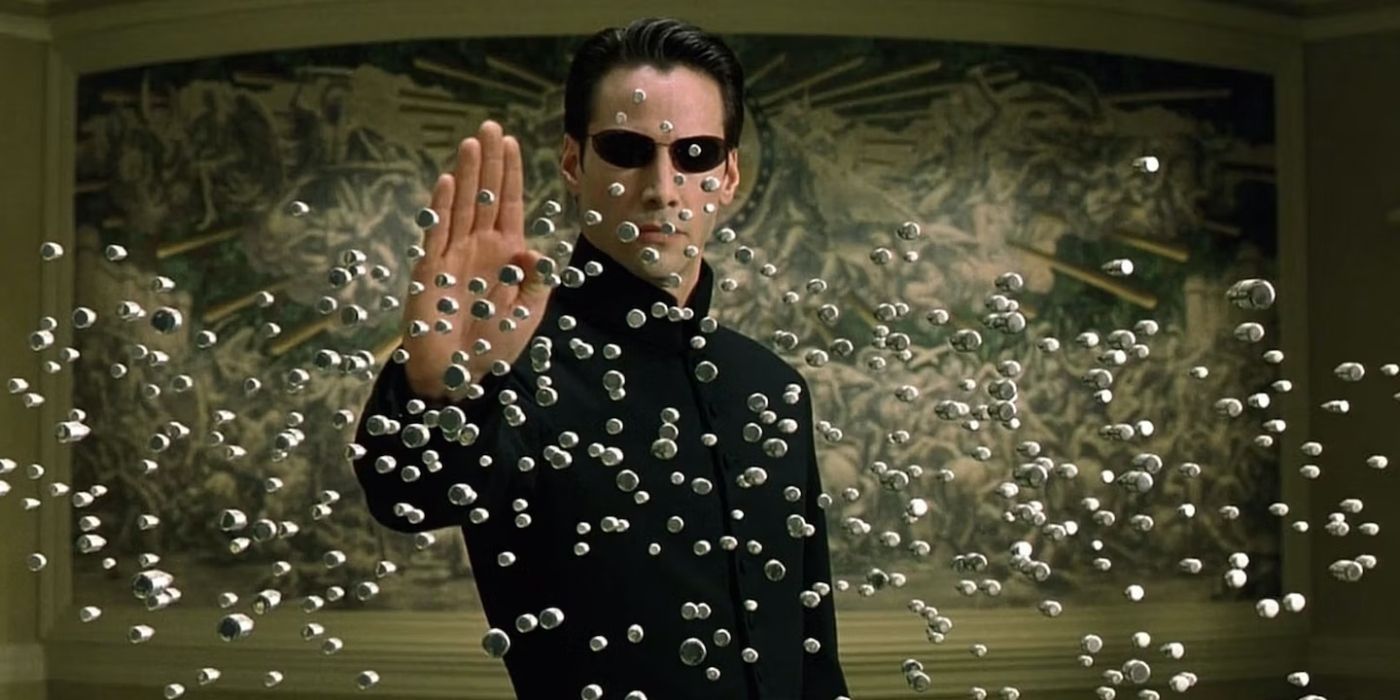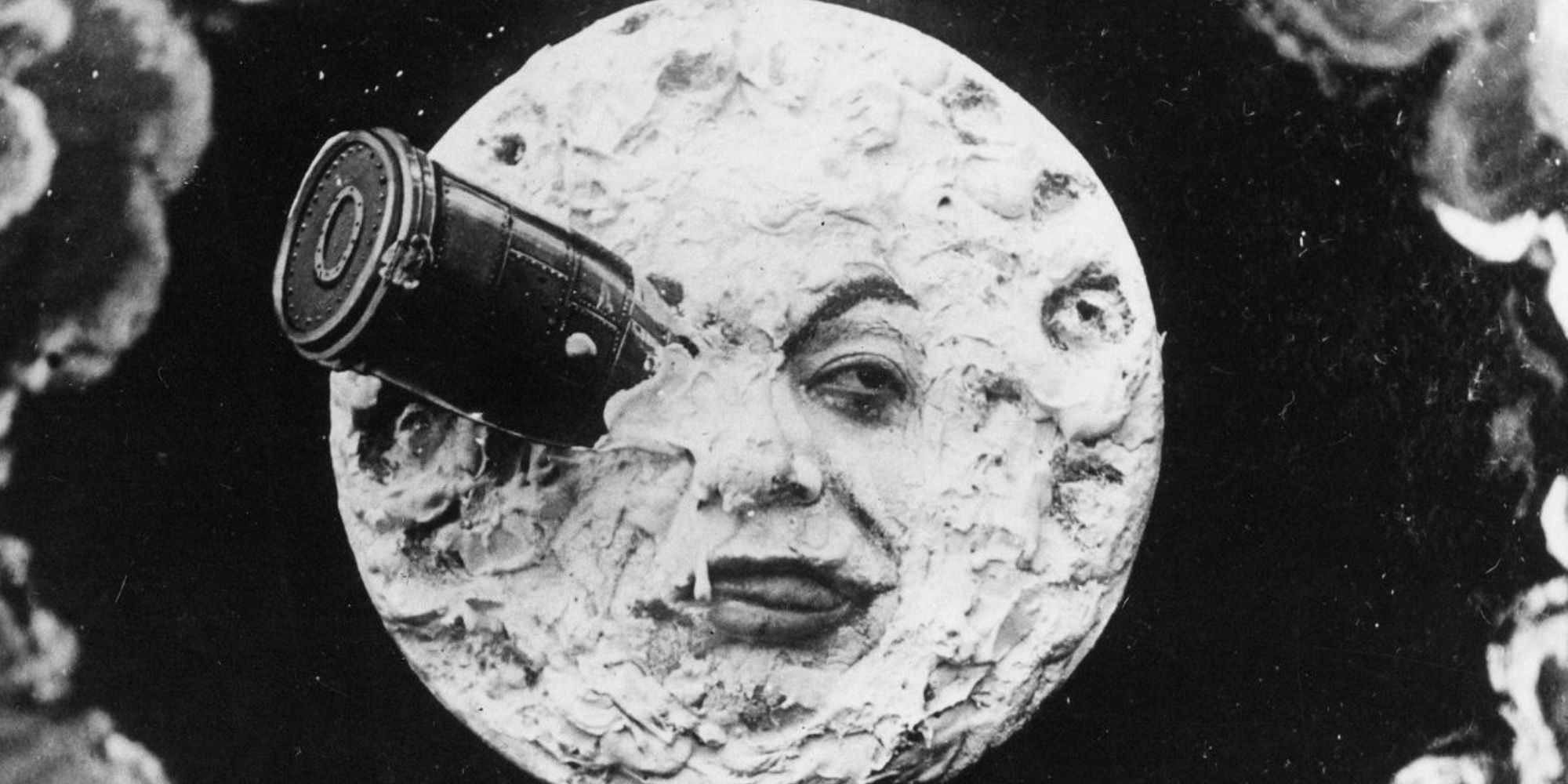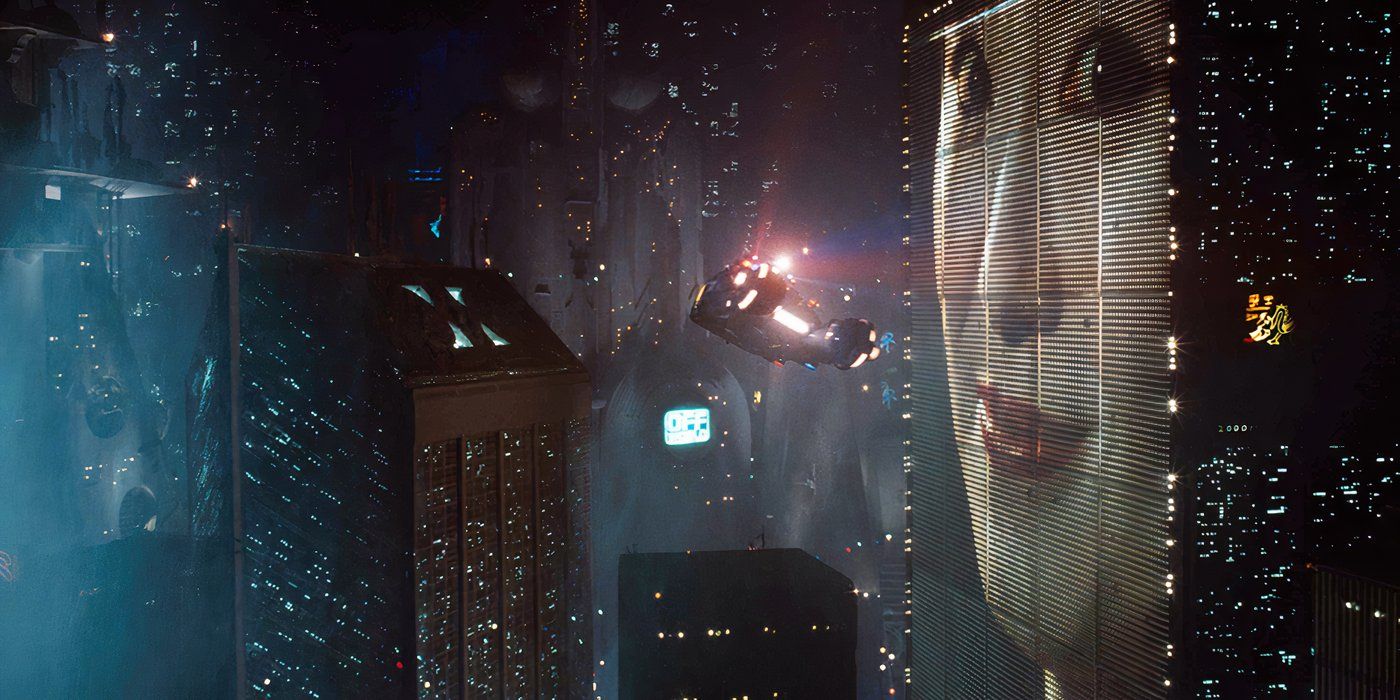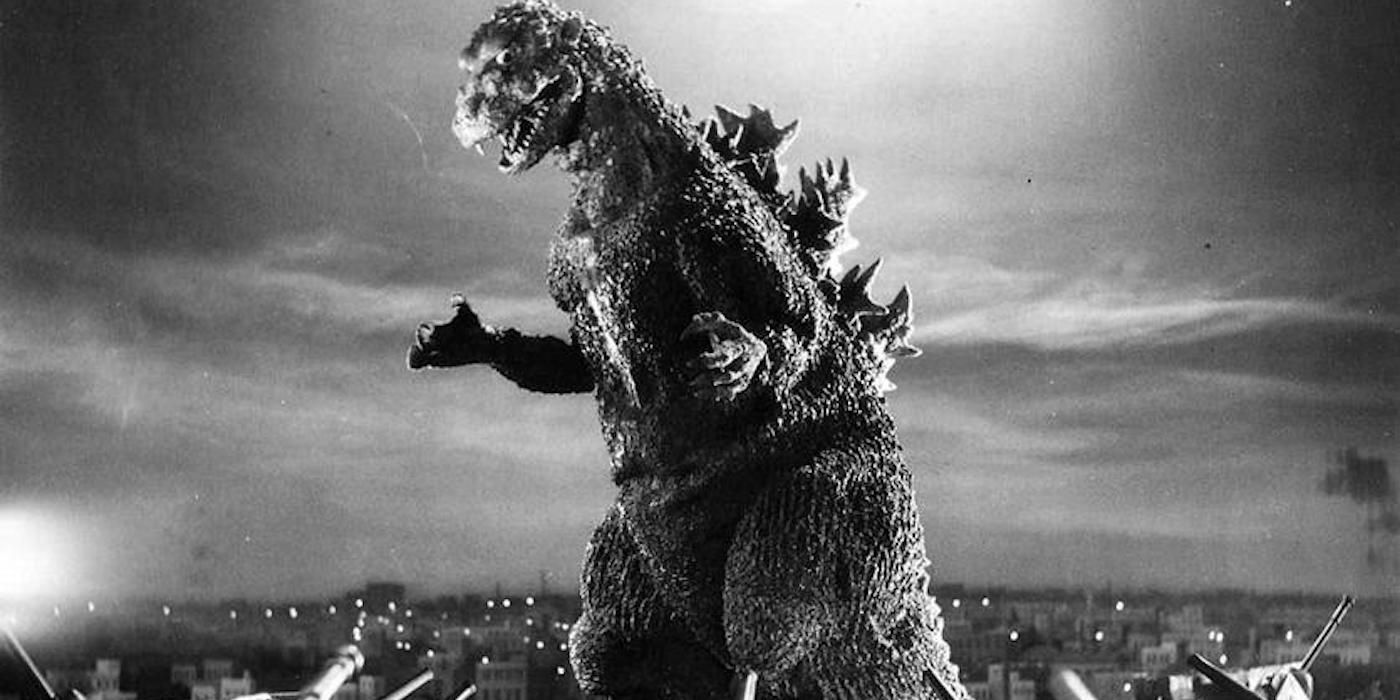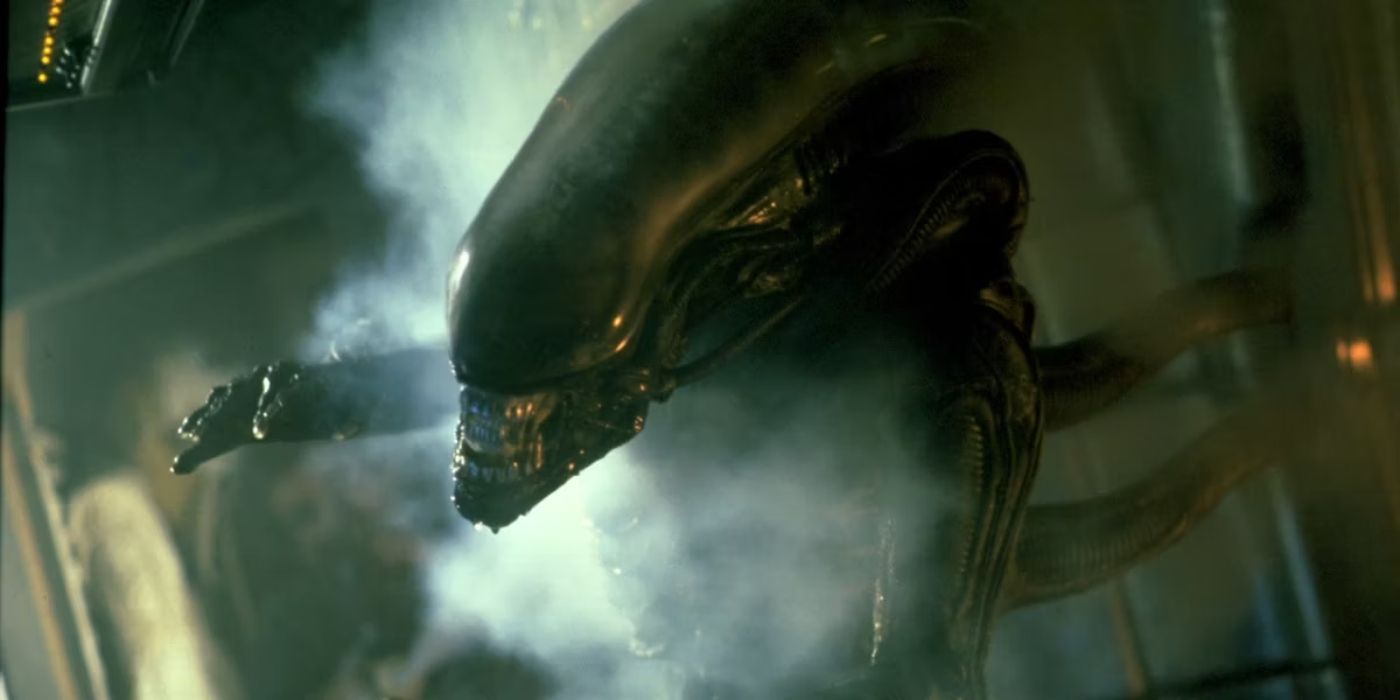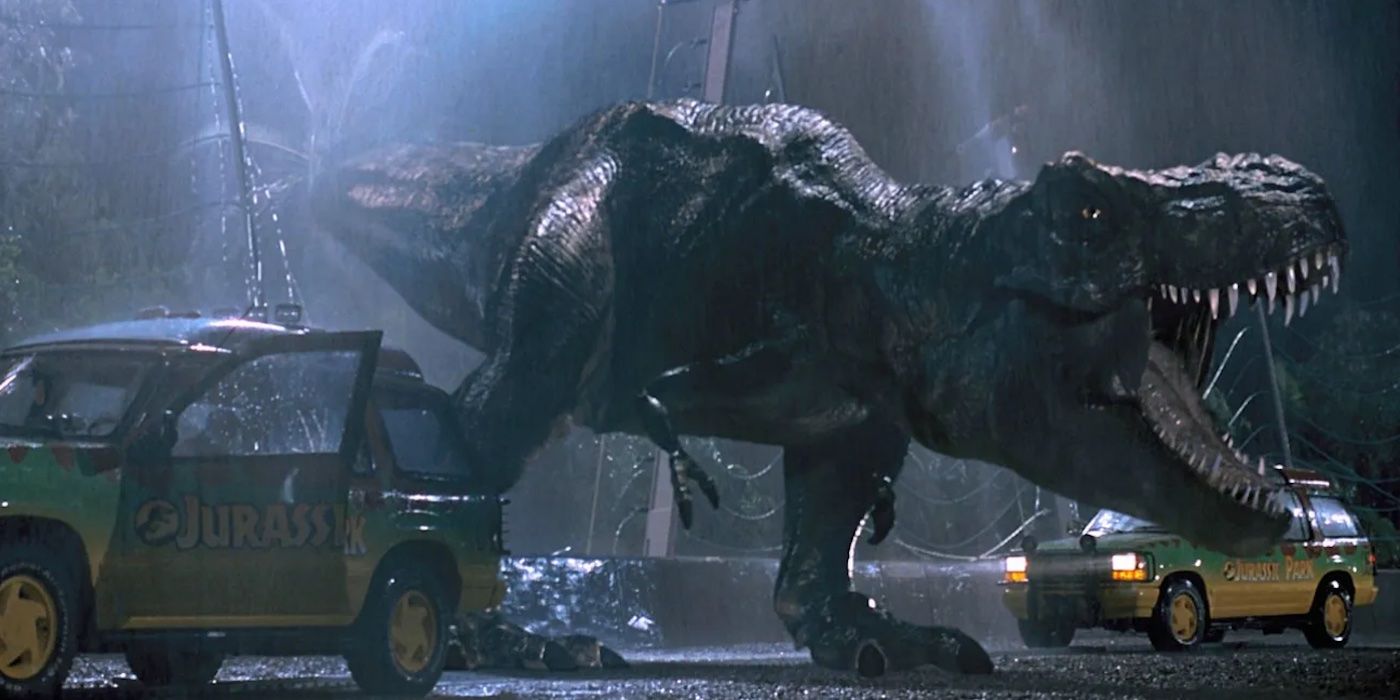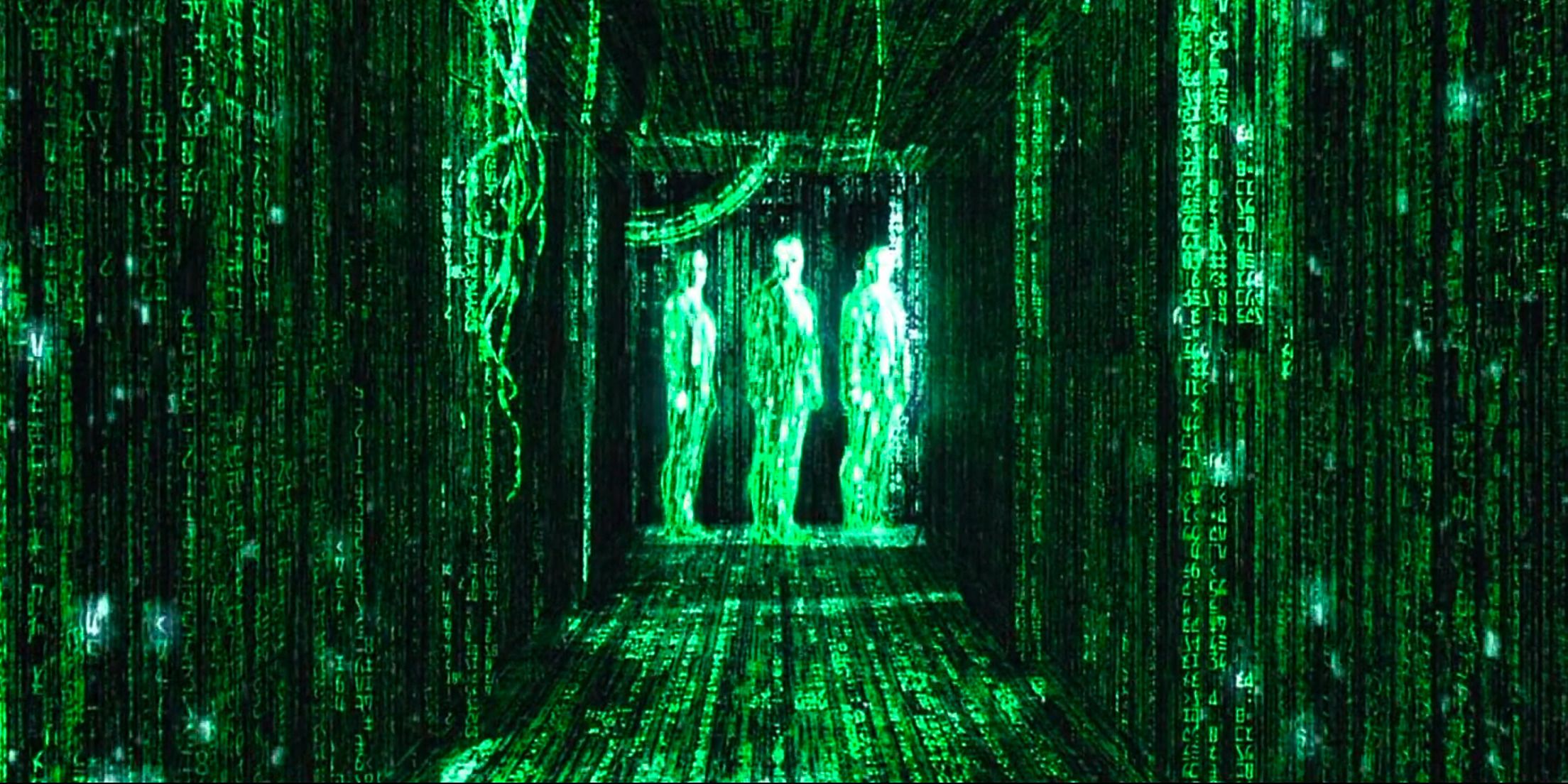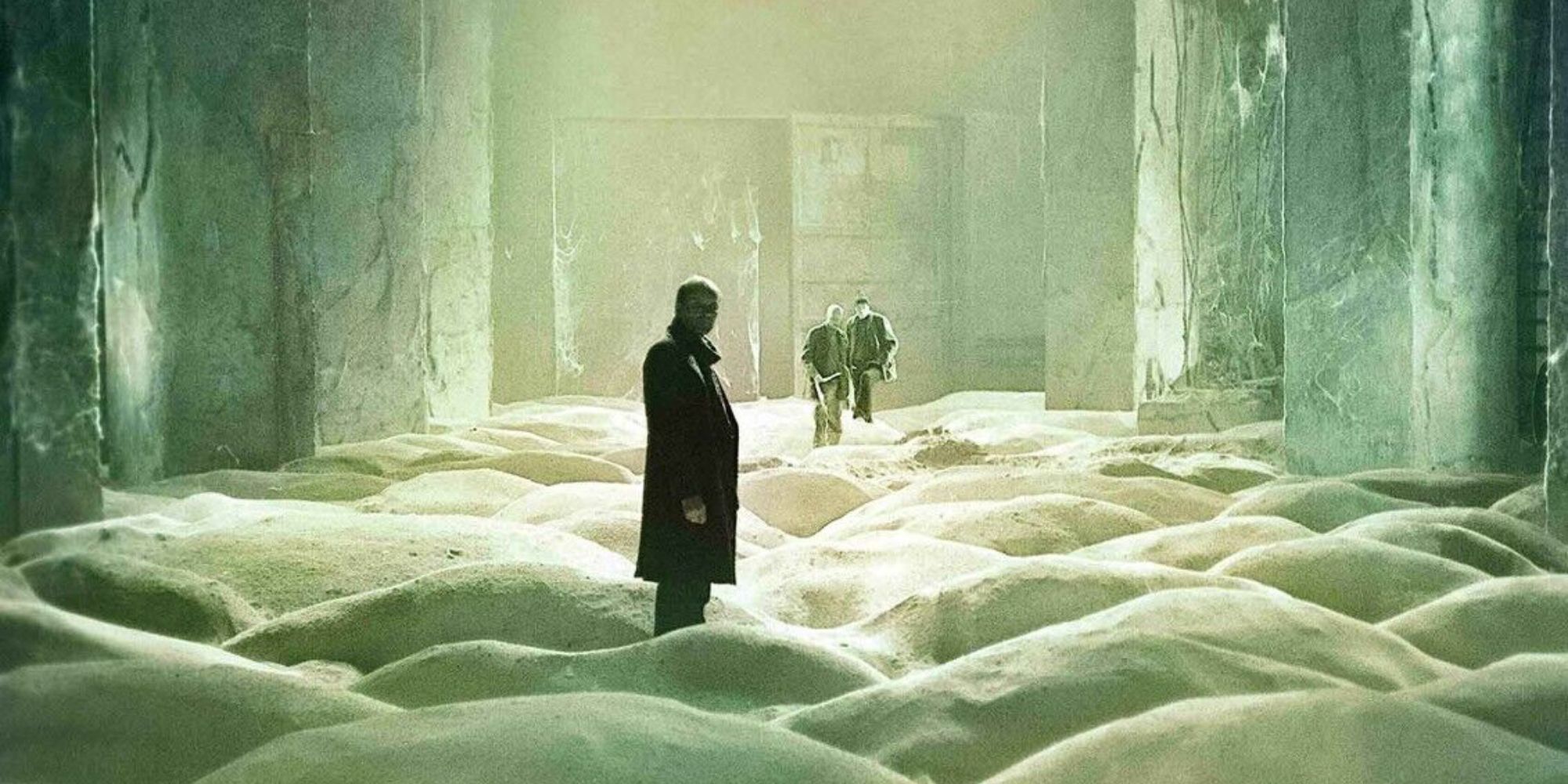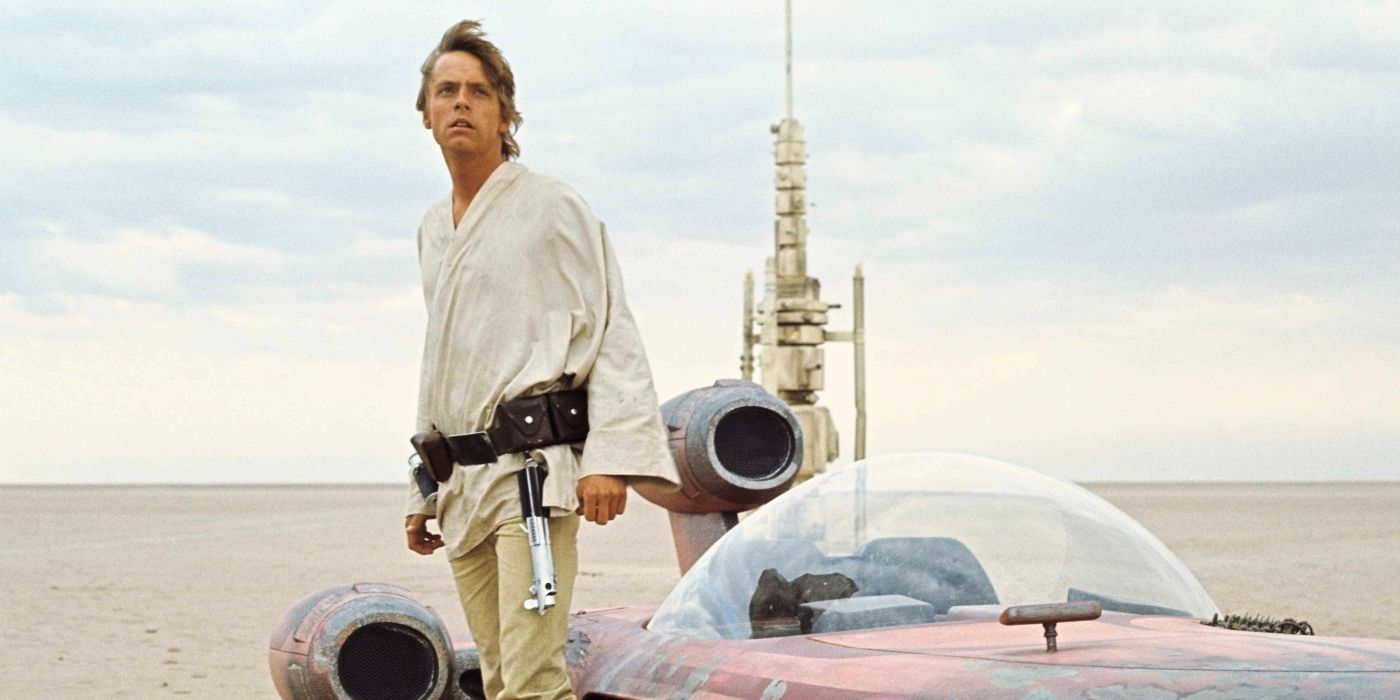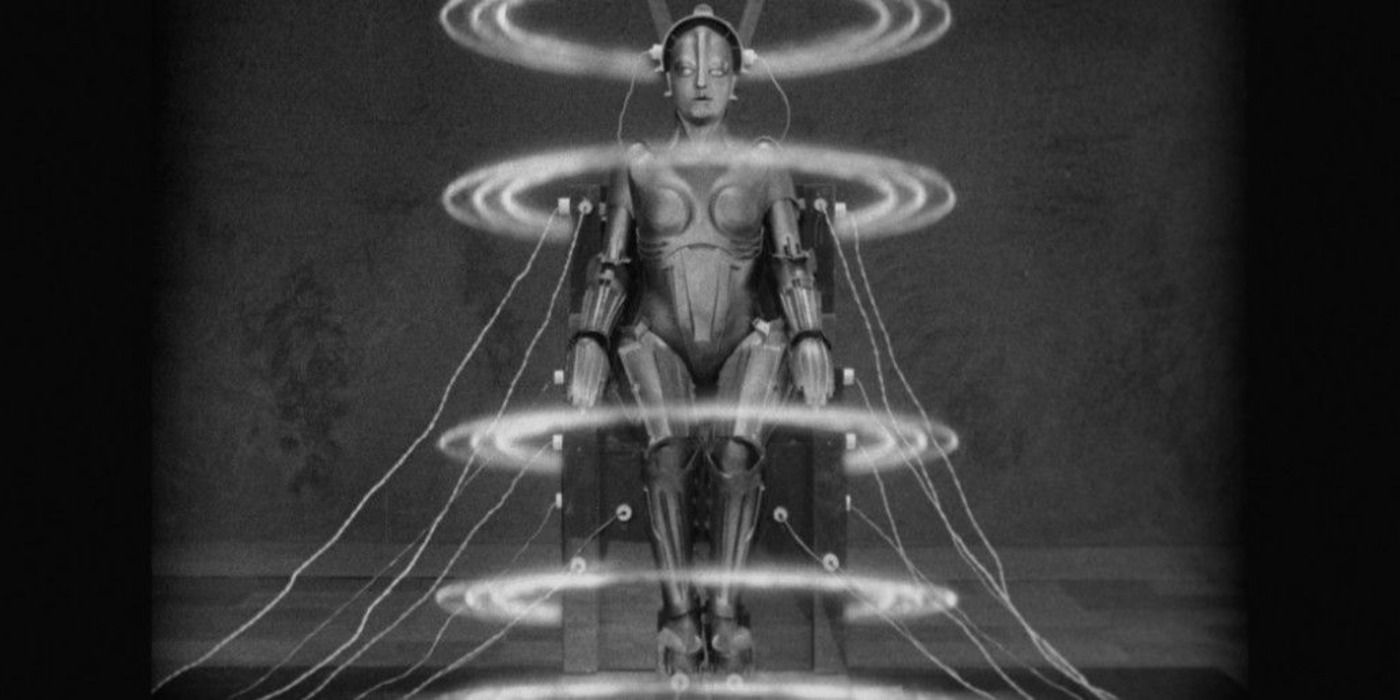Very few movie genres as as popular, prolific, and historied as sci-fi, with fan-favorite movies like Metropolis and Blade Runner. Since the very early days of cinema — before it even became a proper storytelling art form — filmmakers noticed that this newfound medium was the perfect home for imaginative stories of futuristic technology, people traveling to outer space, dangerous alien invasions, and tales set in galaxies far, far away.
Over the last few years, there have been some outstanding sci-fi movies, but what about the ones that laid the foundations for today's sci-fi filmmakers to play on? Throughout history, multiple films in this genre have proved highly influential, redefining typical tropes and pushing the boundaries of what directors could portray on the silver screen. These are the most influential science fiction movies in history, ranked by how impactful and game-changing they were to the genre.
10 'A Trip to the Moon' (1902)
Directed by Georges Méliès
It's pretty easy to trace back the origin of cinematic sci-fi. The genre, as it turns out, has a father, and that is French filmmaker Georges Méliès. The director, who also happens to be credited as the father of visual effects in movies, made multiple fantasy films during the late 1800s. Then, at the turn of the century, he made what many call the first sci-fi movie ever made: A Trip to the Moon, based on Jules Verne's seminal novel, about a group of astronomers taking a rocket to the Moon.
Though it may not have many noticeable direct influences nowadays, as the film that birthed this highly popular genre, its importance can't be understated. After all, sci-fi cinema as it's known today simply wouldn't have gotten here if not for Méliès and his work. Visually striking, thoroughly entertaining, and just a little over ten minutes long, A Trip to the Moon is an essential watch for all those who consider themselves movie fans.
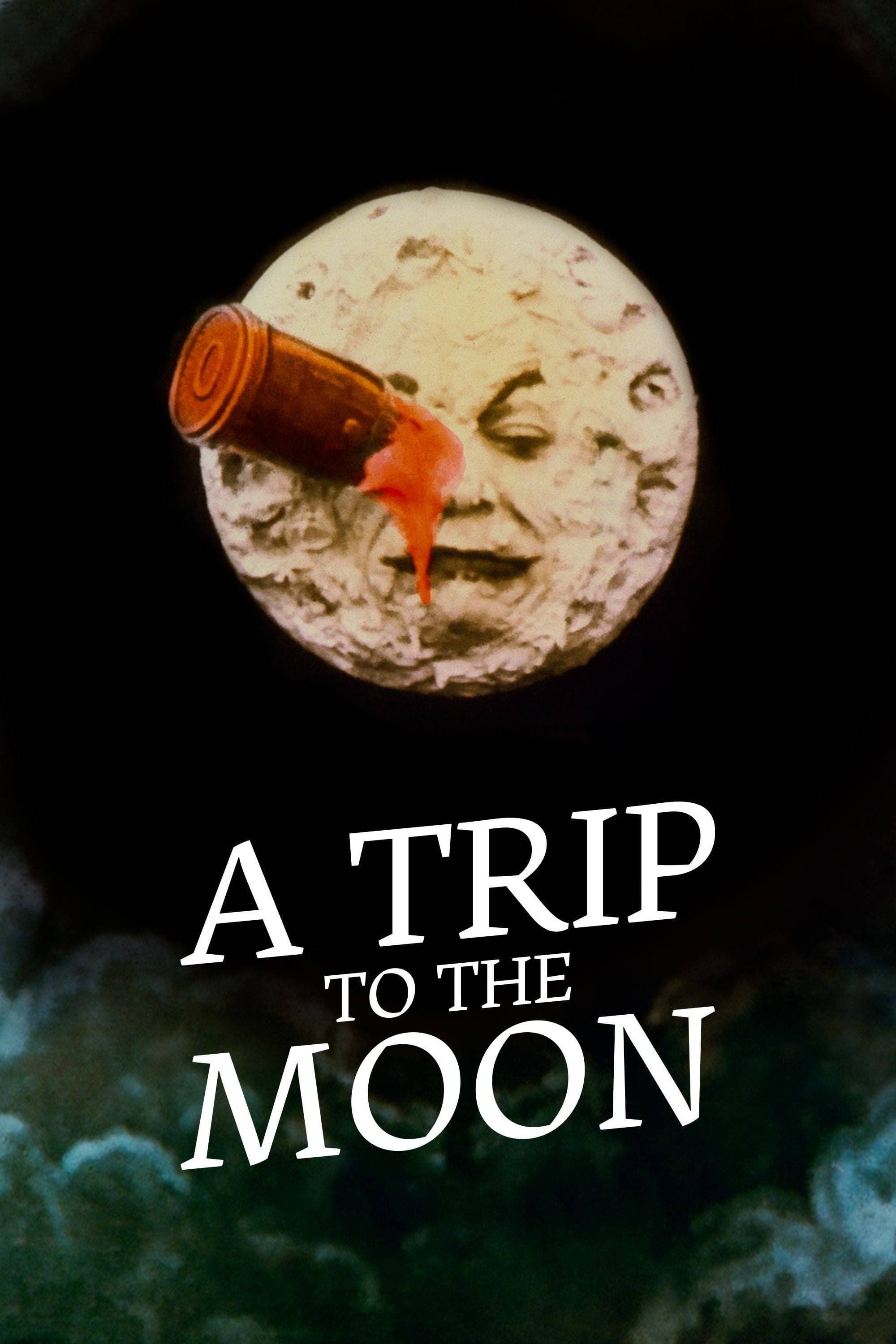
A Trip to the Moon
- Release Date
- October 4, 1902
- Cast
- Georges Méliès , Bleuette Bernon , François Lallement , Henri Delannoy , Victor André , Brunnet , Depierre , Farjaut , Kelm , Jehanne d'Alcy , Jules-Eugène Legris
- Runtime
- 15 Minutes
- Writers
- Georges Méliès , Jules Verne , H.G. Wells
9 'Blade Runner' (1982)
Directed by Ridley Scott
When it came out in 1982, Ridley Scott's Blade Runner bombed at the box office. Hard. Little did anyone know, the film would soon start growing a loyal cult following. Today, Blade Runner is remembered as one of the best and most important sci-fi masterpieces in history. It follows a detective who must pursue and terminate four androids who stole a ship in space and have come to Earth to find their creator.
With visuals that have aged like fine wine, one of the best movie scores ever, and a philosophically profound narrative delving deep into what it means to be human, Blade Runner defined what cyberpunk cinema would look like in the future. Indeed, countless films since the '80s have borrowed from it narratively and aesthetically, proving that even if a movie flops financially, it can still leave an indelible legacy on the art form as a whole.
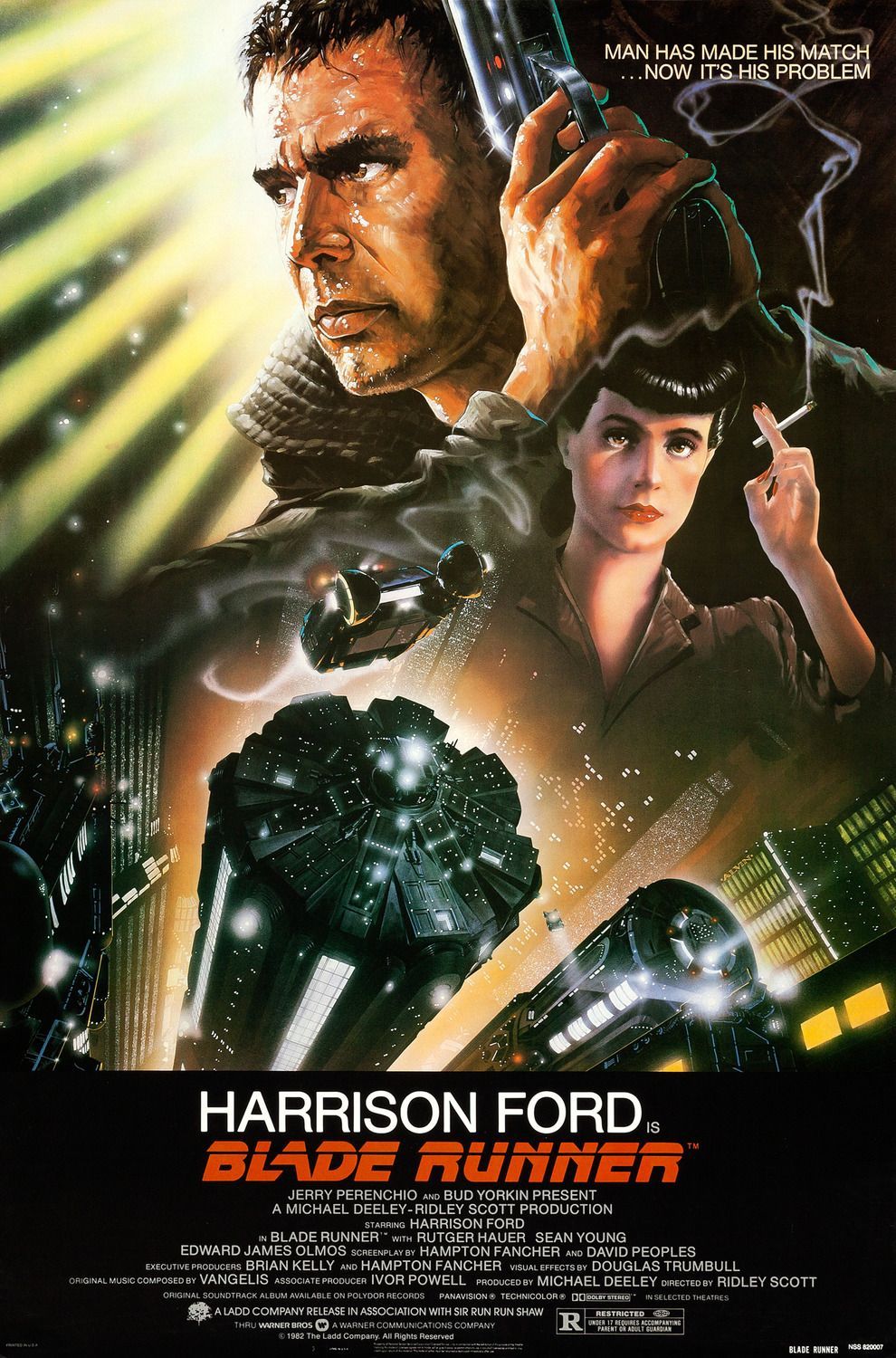
- Release Date
- June 25, 1982
- Cast
- Harrison Ford , Rutger Hauer , Sean Young , Edward James Olmos , M. Emmet Walsh , Daryl Hannah , William Sanderson , Joe Turkel
- Runtime
- 117 minutes
- Writers
- Hampton Fancher , David Webb Peoples , Philip K. Dick , Roland Kibbee
8 'Godzilla' (1954)
Directed by Ishirō Honda
Nowadays, kaiju films are one of the most popular subgenres of the disaster genre, but it wasn't always that way. The film that introduced worldwide audiences to these stories of giant monsters wreaking havoc in metropolises around the globe was 1954's Godzilla. Here, a beast is awoken from undersea hibernation by nuclear testing, and a scientist becomes Japan's only hope when the monster starts ravaging Tokyo.
As an introduction to cinema's most famous monster, Honda's Godzilla couldn't possibly have been better. It's also a fascinating historical document, displaying all of Japan's post-war fears and nuclear paranoia. With revolutionary visual effects and a fun story, Godzilla basically created creature features as audiences know and love them today, spawning a franchise with multiple sequels and countless copycats, few of which reached the same heights.
Godzilla (1954)
- Cast
- Writers
7 'Alien' (1979)
Directed by Ridley Scott
Unlike Blade Runner three years later, Ridley Scott's iconic Alien was a definitive box office hit. Much like Blade Runner, though, it's become ingrained in the public consciousness as one of the greatest examples of its genre. It's about the crew of a commercial spacecraft, who, after investigating a mysterious transmission of doubtful origin, encounter an unwelcome guest aboard their ship.
Queen of sci-fi horror movies, benefiting greatly from its simplicity, Alien is a masterclass in moody, slow-burning horror. The film invited a wave of follow-ups about the horrifying dangers of technology and capitalism, which is arguably still going strong today. On top of that, by proving that sci-fi didn't have to be clean and majestic, Scott's film influenced the grungey, gloomy, claustrophobic aesthetic of many sci-fi masterpieces across movies, TV, and video gaming that followed.
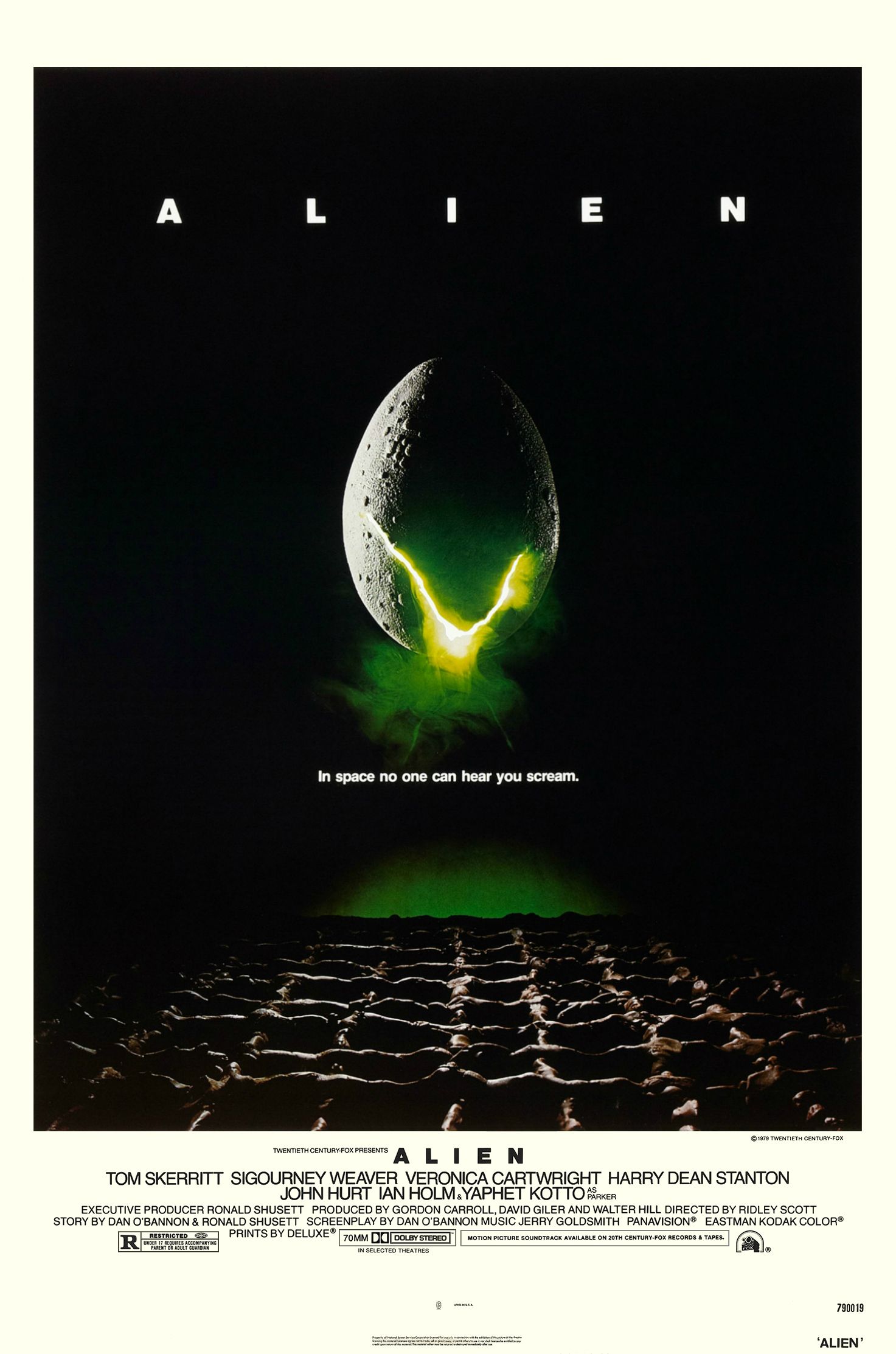
- Release Date
- June 22, 1979
- Cast
- Sigourney Weaver , Tom Skerritt , John Hurt , Veronica Cartwright , Harry Dean Stanton , Ian Holm , Yaphet Kotto
- Runtime
- 117 minutes
6 'Jurassic Park' (1993)
Directed by Steven Spielberg
Soon after it came out and for four years (before James Cameron released Titanic), Steven Spielberg's Jurassic Park became the highest-grossing film of all time. Based on Michael Crichton's novel, with a screenplay penned by David Koepp and Crichton himself, it's about a magnate who invites some experts to his still-unopened theme park of cloned dinosaurs. After a power outage, the beasts run loose.
On top of skyrocketing the bar for box office performance by sci-fi blockbusters, Jurassic Park pushed the envelope when it came to special effects and CGI. Movies would never be the same as a result. Filmmakers started paying more and more attention to visual storytelling, and studios started spending more and more money on VFX technology. Never before had sci-fi films been such spectacles, cementing Jurassic Park's legacy as a sci-fi triumph.
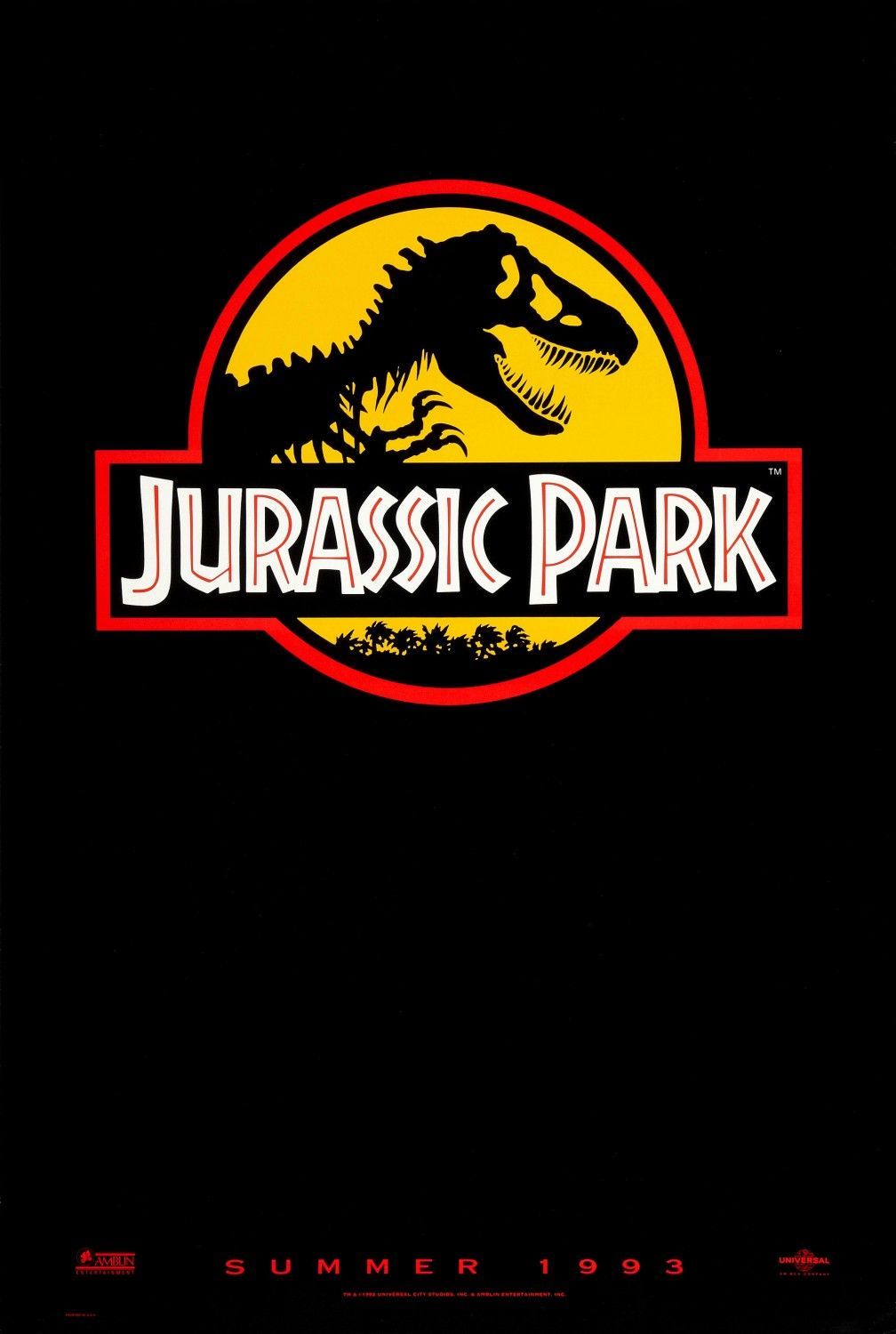
Jurassic Park
- Release Date
- June 11, 1993
- Cast
- Sam Neill , Laura Dern , Jeff Goldblum , Richard Attenborough , Bob Peck , Martin Ferrero
- Runtime
- 127 minutes
- Writers
- Michael Crichton , David Koepp
5 'The Matrix' (1999)
Directed by Lana and Lilly Wachowski
With phenomenally stylish action sequences and a profound philosophical narrative about the power of truth and the relationship between mind and body, the Wachowski sisters revolutionized sci-fi with The Matrix. In it, a beautiful stranger leads a computer hacker to a forbidding underworld, where he discovers the shocking truth that life as he knows it is an elaborate fabrication by an evil cyber intelligence.
Aside from being one of the most important '90s films when it came to revolutionizing the VFX industry, The Matrix reshaped narrative expectations both within the action and sci-fi genres. It proved that movies could have intellectual stories full of deep themes without sacrificing nail-biting suspense or exhilarating action. The Matrix has been narratively and visually imitated and paid homage to over the years since 1999, and that's likely not to stop anytime soon.
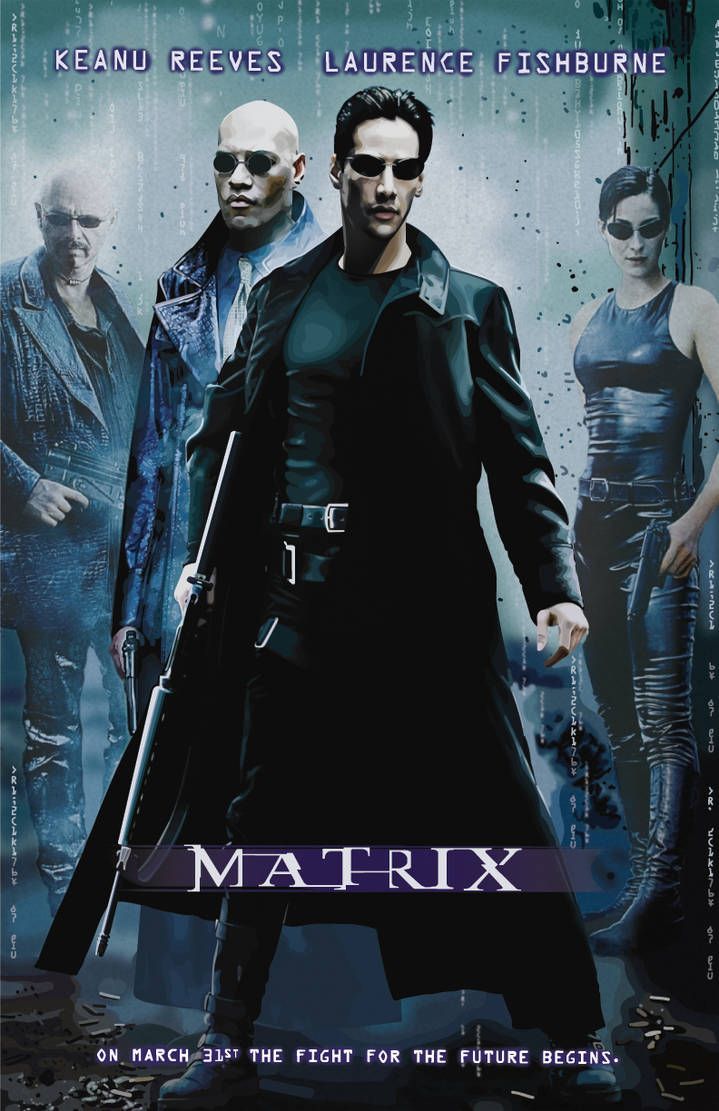
The Matrix
- Release Date
- March 31, 1999
- Cast
- Keanu Reeves , Laurence Fishburne , Carrie-Anne Moss , Hugo Weaving , Gloria Foster , Joe Pantoliano
- Runtime
- 136 minutes
- Writers
- Lilly Wachowski , Lana Wachowski
4 'Stalker' (1979)
Directed by Andrei Tarkovsky
One of the best and most important arthouse sci-fi movies of all time, Stalker is one of the greatest masterpieces by Soviet filmmaking legend Andrei Tarkovsky. It's a dystopian sci-fi tale set in a world without faith, where a mysterious area called the Zone has appeared, and the government has forbidden access to it. Inside the Zone lies a room that can fulfill visitors' innermost wish, so a man with a special connection to the area guides a writer and a professor to the Room.
Stalker has a tragic history since it was shot in toxic environments and thus ended up claiming the lives of several cast and crew members — including Tarkovsky himself. Nevertheless, the film's immense legacy has stood the test of time regardless of its brutal history. Stalker has influenced directors like Denis Villeneuve and even several books and video games throughout the decades. Its slow, poetic approach to its imaginative story proves that sci-fi can be a contemplative art form just as much as any other genre.
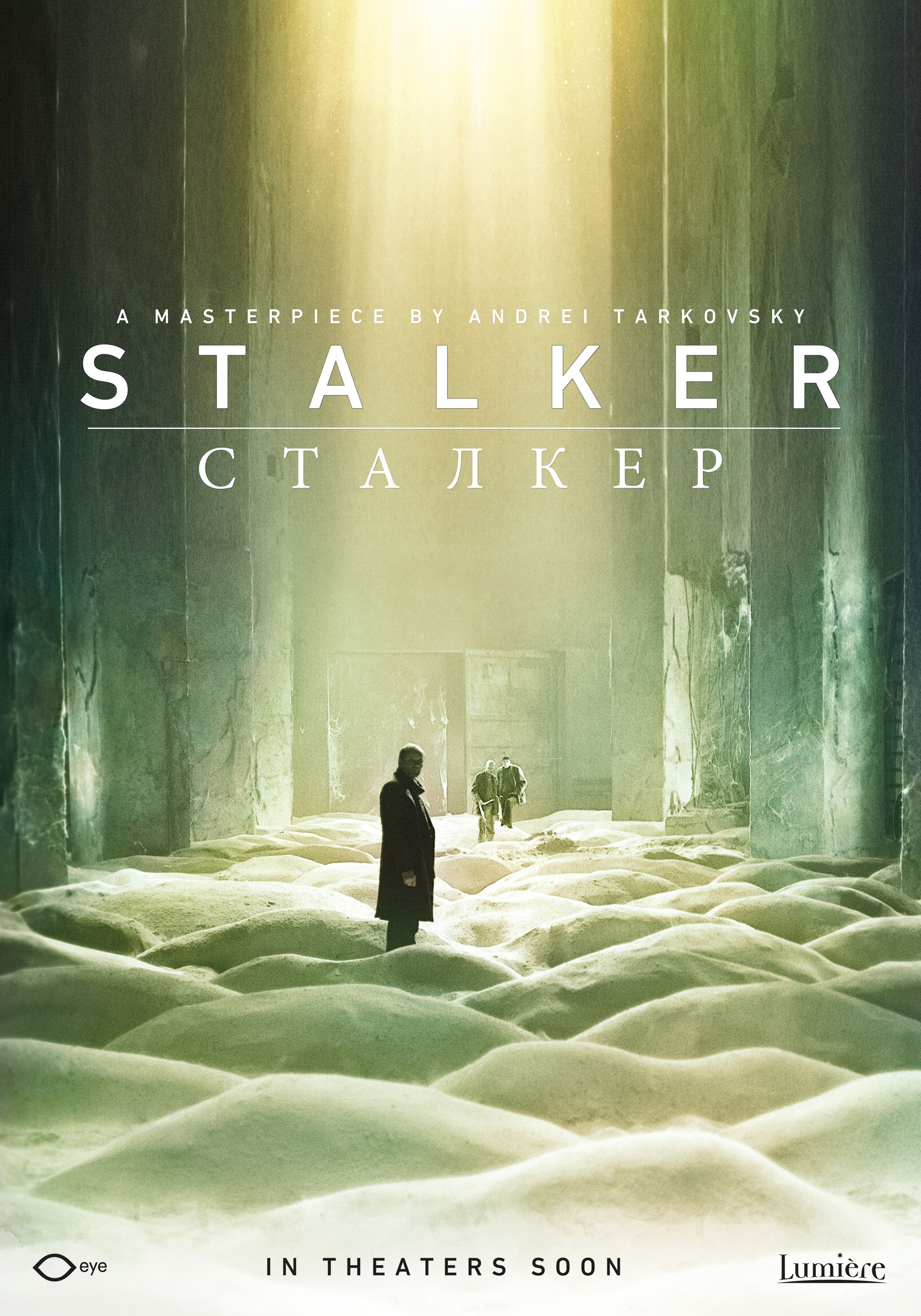
Stalker
- Release Date
- May 25, 1979
- Cast
- Alexander Kaidanovsky
- Runtime
- 162 minutes
3 'Star Wars' (1977)
Directed by George Lucas
George Lucas's creative baby, the Star Wars franchise, hardly needs an introduction nowadays. It is, of course, the biggest transmedia juggernaut in history, as well as one of the most beloved pop culture sensations ever. However, it's worth remembering that it all started with a mid-budget sci-fi sensation in 1977, now known as Episode IV — A New Hope. It's about a farmer who joins an unlikely team of outsiders to save the galaxy from the planet-destroying secret weapon of the tyrannical Galactic Empire.
Back in '77, Star Wars became the highest-grossing movie of all time until Spielberg's E.T. the Extra-Terrestrial took its throne in '82. Today, one can hardly watch a sci-fi blockbuster without seeing traces of George Lucas' inspirations all over it. From its mixture of sci-fi and fantasy to its iconic score, to its unique expansion of the Hero's Journey archetype, to its revolutionary visual effects, Star Wars had an impact on the global filmmaking industry that's still causing ripples today, completely redefining sci-fi as it was known then.
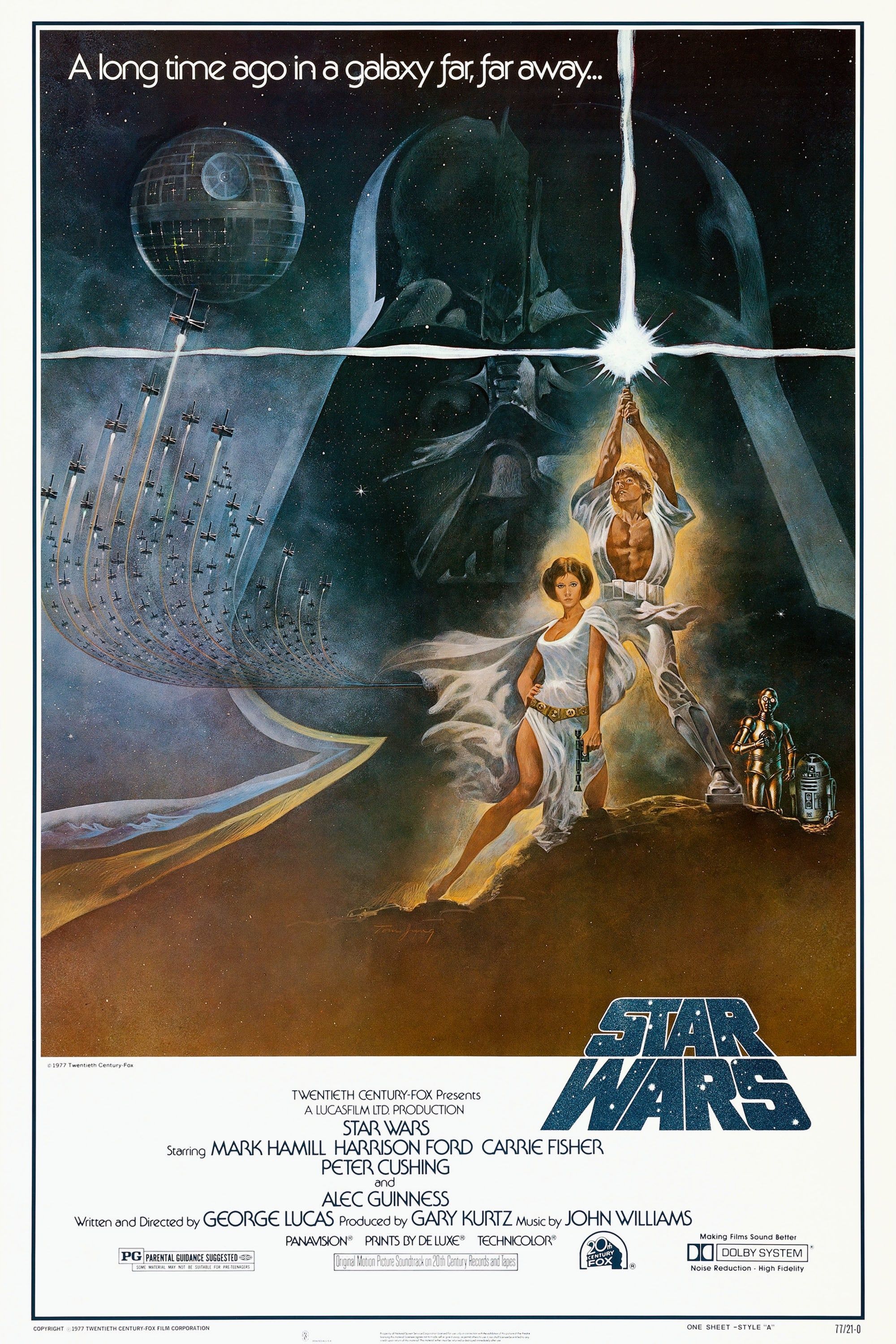
- Release Date
- May 25, 1977
- Cast
- Mark Hamill , Harrison Ford , Carrie Fisher , Alec Guinness , David Prowse , James Earl Jones , Frank Oz , Anthony Daniels , Kenny Baker , Peter Mayhew , Peter Cushing
- Runtime
- 121 Minutes
- Writers
- George Lucas
2 'Metropolis' (1927)
Directed by Fritz Lang
The early days of sci-fi cinema saw plenty of masterworks, but none greater — or more influential — than Fritz Lang's 2-and-a-half-hour-long silent epic Metropolis. It's set in a futuristic city with a sharp division between the working class and the rich city planners. It's here that the son of the city's mastermind falls in love with a working-class girl, sparking a revolution to mediate the two classes' differences.
Metropolis' influence can be found in pretty much every sci-fi movie made after 1927, from Blade Runner to Star Wars. Everything about it, from its complex story and characters to its layered world-building to its trailblazing special effects to its unprecedentedly impressive production design, has become an important foundation for the sci-fi genre as a whole. Metropolis pioneered pretty much every sci-fi trope, laying the ground upon which the entire genre rises.
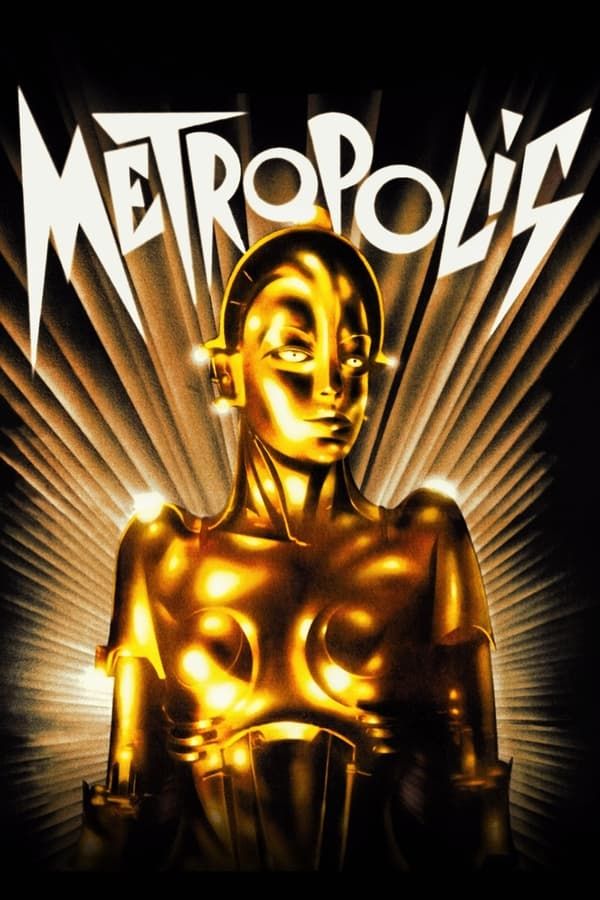
In a divided futuristic city, a powerful leader’s son learns from a prophet about a coming savior meant to unite the rich and poor.
- Release Date
- February 6, 1927
- Cast
- Alfred Abel , Gustav Fröhlich , Rudolf Klein-Rogge , Fritz Rasp , Theodor Loos , Erwin Biswanger
- Writers
- Thea von Harbou , Fritz Lang
1 '2001: A Space Odyssey' (1968)
Directed by Stanley Kubrick
Many would refer to Stanley Kubrick as the single best movie director in history, and it would be hard to blame them. After all, the artist has one of the best filmographies of any filmmaker in history, and with masterpieces as exceptional as 2001: A Space Odyssey under his belt, it's easy to see why. It's the story of a spacecraft, manned by two men and a supercomputer, sent to Jupiter to find the origin of a mysterious artifact that's been found buried in the Moon.
Countless elements make 2001 arguably the greatest sci-fi movie of all time: its slow pace and enthralling tone, mind-blowing ending, profound narrative full of fascinating themes, and jaw-dropping visuals and special effects are only a few. All these elements have had a very visible impact on not just the sci-fi movie genre but on cinema as a whole. Nowadays, it's hard to think of a sci-fi director whose work hasn't been influenced, at least in some small way, by Kubrick's magnum opus.


